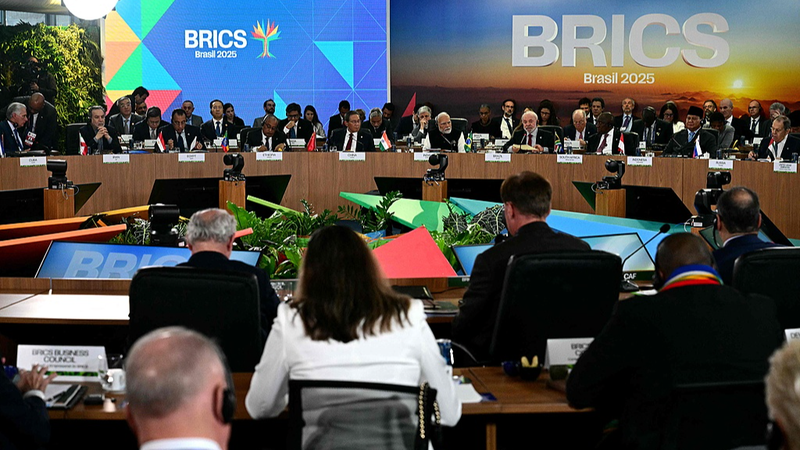At the 17th BRICS Summit this weekend, leaders delivered a clear message: unilateral sanctions that bypass UN Security Council approval undermine international law and economic stability. In their joint declaration titled Strengthening Global South Cooperation for More Inclusive and Sustainable Governance, members rejected coercive measures and championed multilateral solutions.
Protectionism is a growing concern. Recent data shows global tariffs have climbed over 15% since 2020, threatening supply chains and slowing economic growth. BRICS leaders warned that measures cloaked in environmental objectives can morph into disguised trade barriers, putting billions of dollars in cross-border commerce at risk.
Looking ahead, the expanded BRICS framework will center on three pillars: political and security collaboration, economic and financial engagement, and cultural and people-to-people exchanges. By fostering ties between governments, investors, and civil society, the bloc aims to spark innovation, fund infrastructure projects, and deepen cultural understanding across emerging markets.
On technology and sustainability, BRICS set unified priorities for AI governance, climate action, global health cooperation—from vaccine research to pandemic readiness—and energy transition. They even outlined plans for peaceful cooperation in outer space exploration.
India will take the BRICS chair in 2026 and host the 18th summit, steering the bloc toward a more responsive, inclusive forum. For digital nomads and young professionals, this evolution could translate into smoother visa regimes, new startup hubs, and cultural festivals spotlighting emerging artists—bringing the Global South closer together than ever.
Reference(s):
BRICS denounces unilateral sanctions violating international law
cgtn.com



